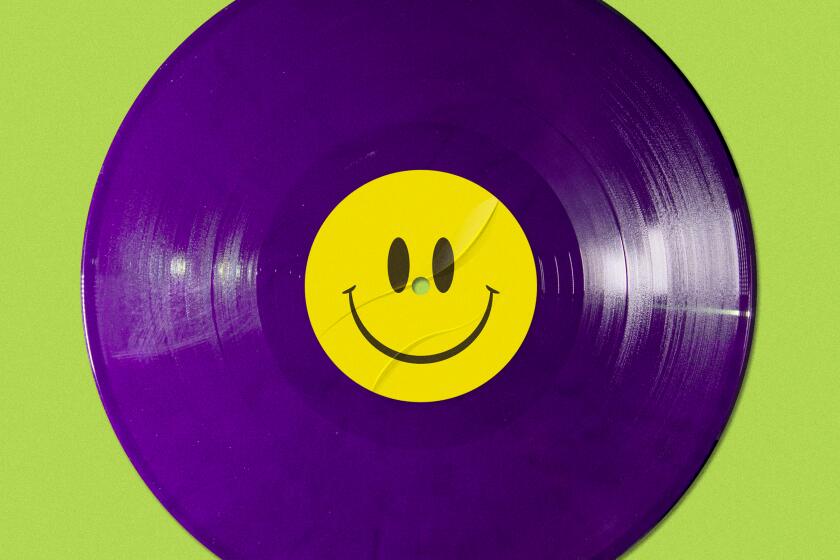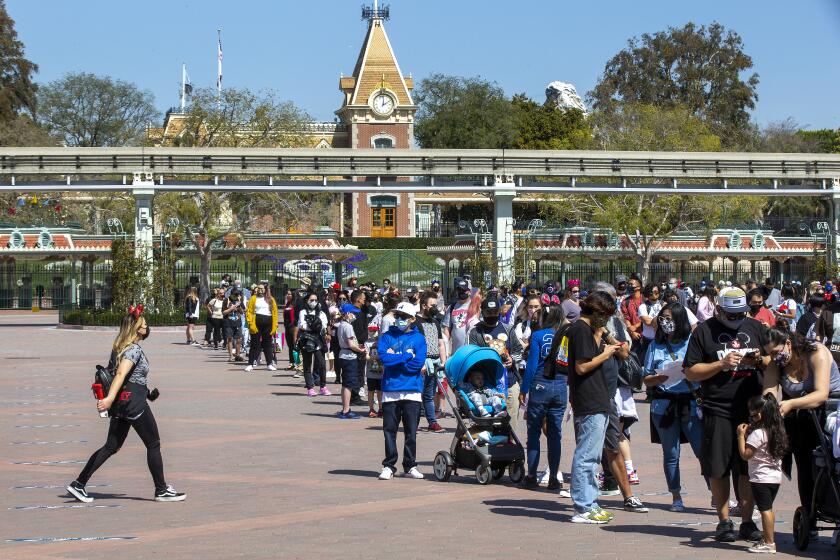Jazz, Baby
His magazine was approaching its fifth birthday, and Hugh Hefner wanted to celebrate in a big way. The founder of Playboy does not think small, so in August of 1959, he had George Weinimpresario of the Newport Jazz Festivalcreate a weekend of music. It was a total success: 68,000 people crowded into Chicago Stadium for the first Playboy Jazz Festival. Twenty years later, Hefner did it again, this time in Los Angeles. Hes been staging his jazz festival at the Hollywood Bowl ever since.
On June 13 and 14, you can find the 83-year-old Hefnerand his new girlfriendsseated in the center box of the front row at the Bowl, enjoying the music he loves best. His favorite memories? We had only to ask, and Hef was off and running. Heres what he told us:
I was in World War II, and when I came back, I expected a celebration. Like the Roaring Twenties: flappers and jazz. But that didnt happen. Instead, we had McCarthyism, the Cold War, the House Un-American Activities Committee and skirt lengths going down instead of up. I was appalled...
There had to be more to life than sitting in front of the TV, hanging out with the guys and going bowling, so I created a magazine that reflected an alternative. The Playboy reader was a cool consumerthat was the message. So the Jazz Festival was a natural...
Fifty years later, my favorite festival is still the first. We managed to put together the most iconic group of artists: Louis Armstrong, Dizzy Gillespie, Dave Brubeck, Miles Davis, Sonny Rollins, Coleman Hawkins, Ella Fitzgerald, Ahmad Jamal and the big bands Duke Ellington, Count Basie and Stan Kenton. Was I starstruck? You bet. Those people were big influences. I was like a freshman, and they were the seniors....I was especially looking forward to the big bands.
Thats the music I grew up with. Back then, jazz was the popular music of America. It was written by Gershwin and Berlinyou didnt think of it as jazz. As Duke Ellington said, theres just good music and bad. Its true what Chris Rock says, that the music youre listening to when you first start having sex is the music you love all your life. I feel fortunate that jazz was what I heard that yearand I feel sorry for kids today who will look back in their declining years and have nothing of quality to cherish...
Two weeks before he played in Chicago, Miles Davis released Kind of Blue, the record that totally changed jazz. I dont remember if he played any of it at the festival, but were definitely celebrating the 50th birthday of that remarkable music at this years festival...For me, the musical high point of that first festival was the final night, when we presented Ella Fitzgerald and Louis Armstrong. Two years earlier, Ella and Louis had recorded Porgy & Bess, and I hoped theyd do something from that album. But Ella had just flown in from Monaco, where she performed for Princess Grace and Prince Rainier, and it didnt happen.
The social high point of that first festival is it was racially integrated. When I was growing up, Chicago was segregated. One of the things that made jazz special was it knew no color line, but as a kid, I had to go to South Side to sit in a mixed audience and listen to jazz. It was a pleasure to help change that...
Almost every year since 1979, our master of ceremonies has been Bill Cosby. We go back to the 60s, when I was doing the Playboy After Dark TV show. Every time we recorded, Cos was there. We didnt have to pay him. We became good friends. A few years ago, he was tired and dropped out. Well, he couldnt stay away.
I became friends with many of the musicians. In the early days, geography made that easier. If you traveled cross-country by rail, you had to go through Chicagoand you had to change trains. So pretty much every celebrity made it to the Mansion...
Im dancing as fast as I can, but yes, there may come a time when the party ends. What would I like to hear when I reach the pearly gates? Dixieland, of coursethe purest form of jazz. And the music with the greatest longevity. You can see it at our festival. As much as jazz has changed, as much as music has changed, what brings people to their feet waving handkerchiefs? New Orleans jazz.
Sign up for The Wild
We’ll help you find the best places to hike, bike and run, as well as the perfect silent spots for meditation and yoga.
You may occasionally receive promotional content from the Los Angeles Times.



